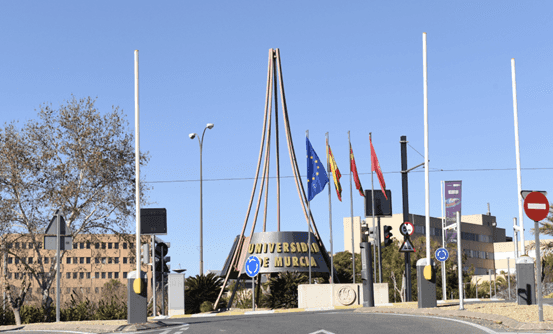Workshop Title:
Policies to Improve the Education System: Detecting Student Concerns in Higher Education
Date:
March 1st, 2024 (GMT+1)
Organizer:
Research group on economics at University of Murcia
Keywords:
- higher education
- sustainability
- teaching
- policies
- curriculum
- students
- teachers
Workshop Chair:
Personal Bio:
Javier Cifuentes-Faura works in the Department of Financial Economics and Accounting at the University of Murcia (Spain). His lines of research include those related to public administration and economics, transparency, government, sustainability and green economics. He has published in more than 100 JCR impact journals, such as Public Performance & Management Review, Renewable Energy, Resources Policy, Local Government Studies, Economic Analysis and Policy or Journal of Policy Modeling. He is associate editor of several SSCI journals. He has participated in several international conferences, being invited to some of them as keynote speaker. He has been included in the prestigious Stanford University rankings as one of the 2% most influential researchers in the world in 2022.
Workshop Committee Members
Dr. Javier Cifuentes-Faura University of Murcia javier.cifuentes@um.es
Dr. Ursula Faura-Martínez University of Murcia faura@um.es
Dr. Matilde Lafuente-Lechuga University of Murcia mati@um.es
Workshop Description:
Background:
The global situation is changing at an accelerated pace in terms of new forms of work organization, climate change, pollution, environmental degradation or ecological footprint. Alongside these problems, others have arisen due to Covid-19 and more recently the war between Ukraine and Russia, which have severely affected all university students. In fact, the concerns of students and young people have increased in recent times, especially in the wake of the Covid-19 pandemic.
Aspects such as mental health, the high cost of living, the need to rethink the way we work or the fight against climate change are among the main concerns of young people. All these issues are the main challenges facing a generation in constant transformation, which will be discussed in this workshop.
Goal/Rationale:
The objective of this conference is to understand the main concerns of students, expand research topics, strengthen academic research and debate, promote cooperation to achieve sustainability and research on higher education to achieve student welfare and achieve sustainable development. We will know and discuss the degree of concern of university students about these problems that may condition their current life and analyze whether these concerns may affect their academic performance, also distinguishing according to gender and age. Aspects such as mental health, the high cost of living, the need to re-evaluate the way of working or the fight against climate change are among the main concerns of young people. All these issues are the major challenges facing a generation in constant transformation, which also affect their academic performance.
Scope and Information for Participants:
This workshop is aimed at higher education students and will provide an opportunity to discuss student issues. Issues aimed at improving educational sustainability, student achievement and contributing to achieving the Sustainable Development Goals will be discussed. The aim is to exchange experiences among participants and ideas, and to share achievements. It is also expected to provide solutions, recommendations and discuss useful policies for the improvement of the education system. It is important to detect and understand the concerns of students, and to address them, in order to contribute to a more sustainable education system, where the Sustainable Development Goals (SDGs) set out as part of the United Nations 2030 Agenda are present. By assessing the degree of concern of university students, it will be possible to offer useful policies and solutions.
Highlight:
The workshop "University students' concerns: policies to improve the education system" brought together several students from the University of Murcia and served to learn about the main concerns of students, strengthen academic research and debate, promote cooperation to achieve sustainability and research on higher education to achieve student welfare and achieve sustainable development. We discussed the degree of concern of university students about these problems that may condition their current life and analyze whether these concerns may affect their academic performance, also distinguishing according to gender and age. Aspects such as mental health, the high cost of living, the need to re-evaluate the way of working or the fight against climate change are among the main concerns of young people. All these issues are the major challenges facing a generation in constant transformation, which also affect their academic performance.
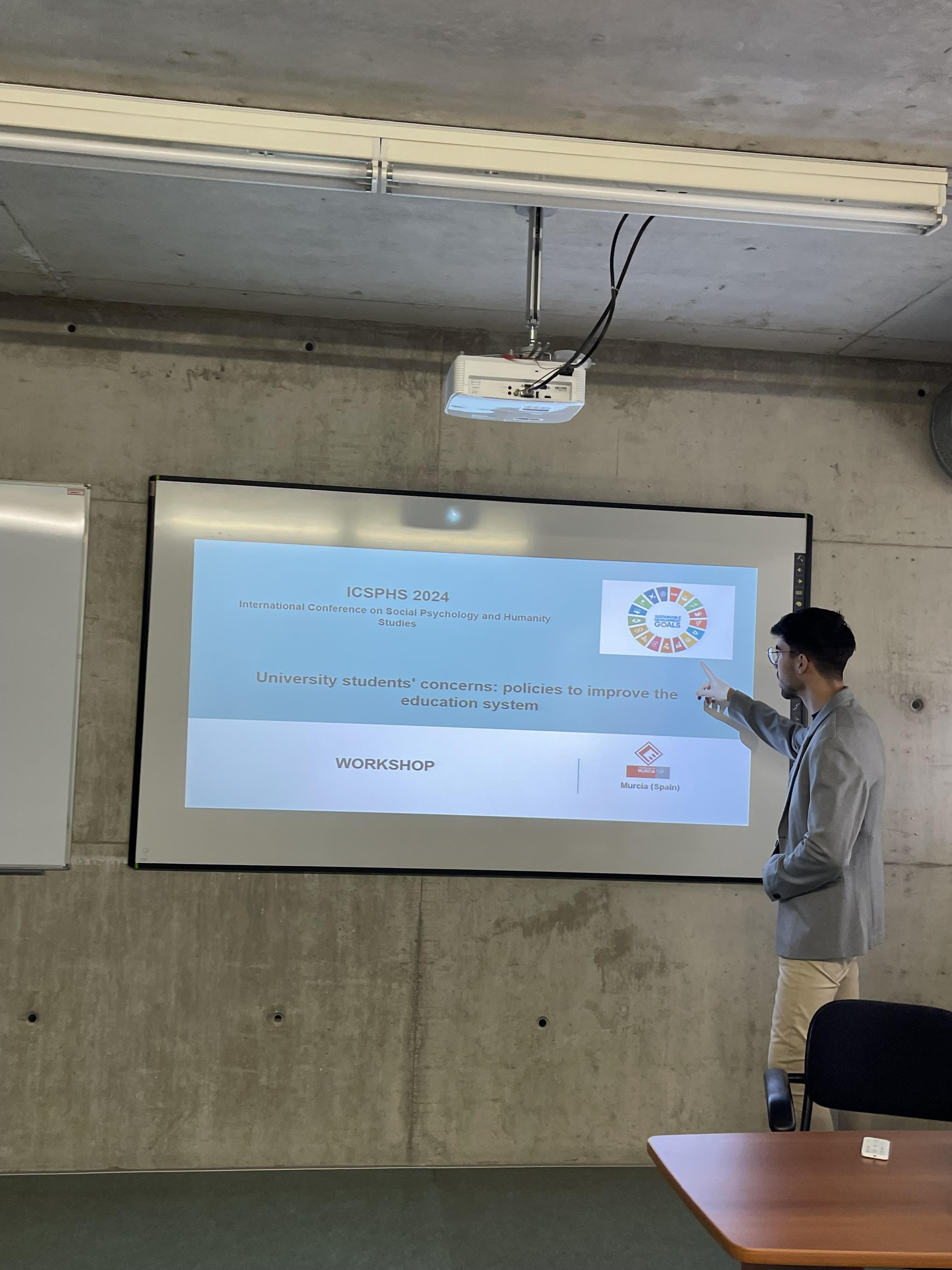
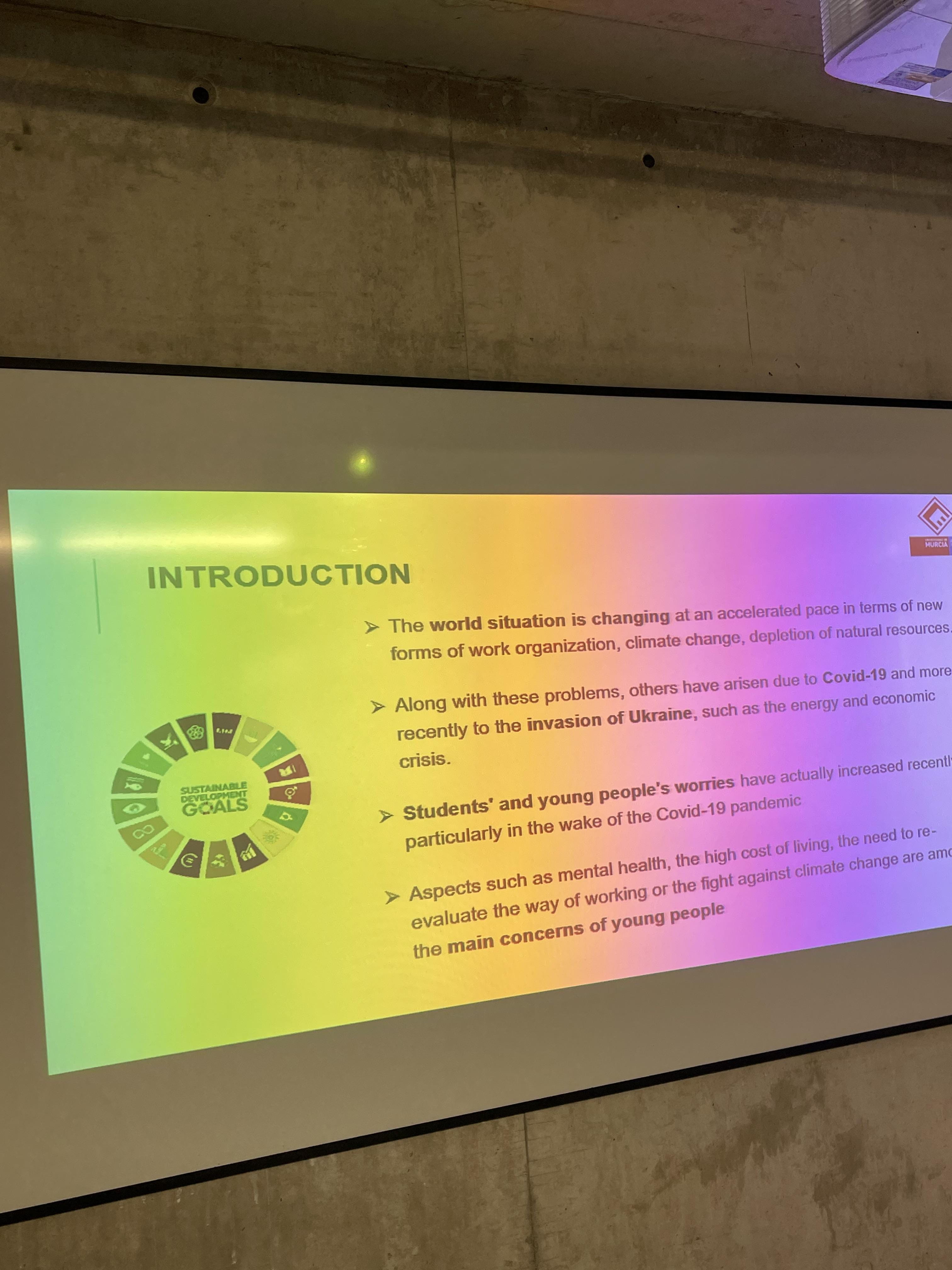
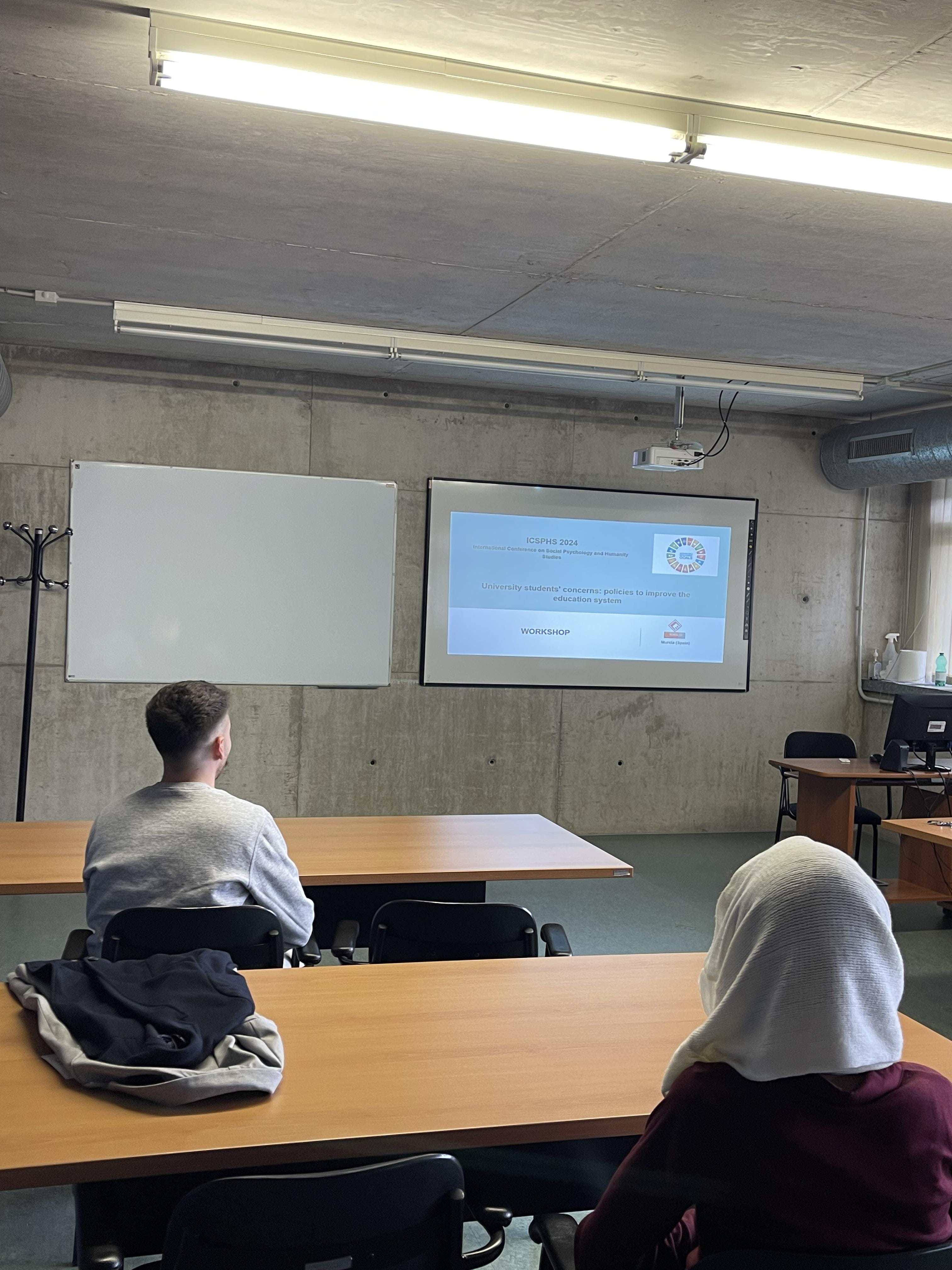
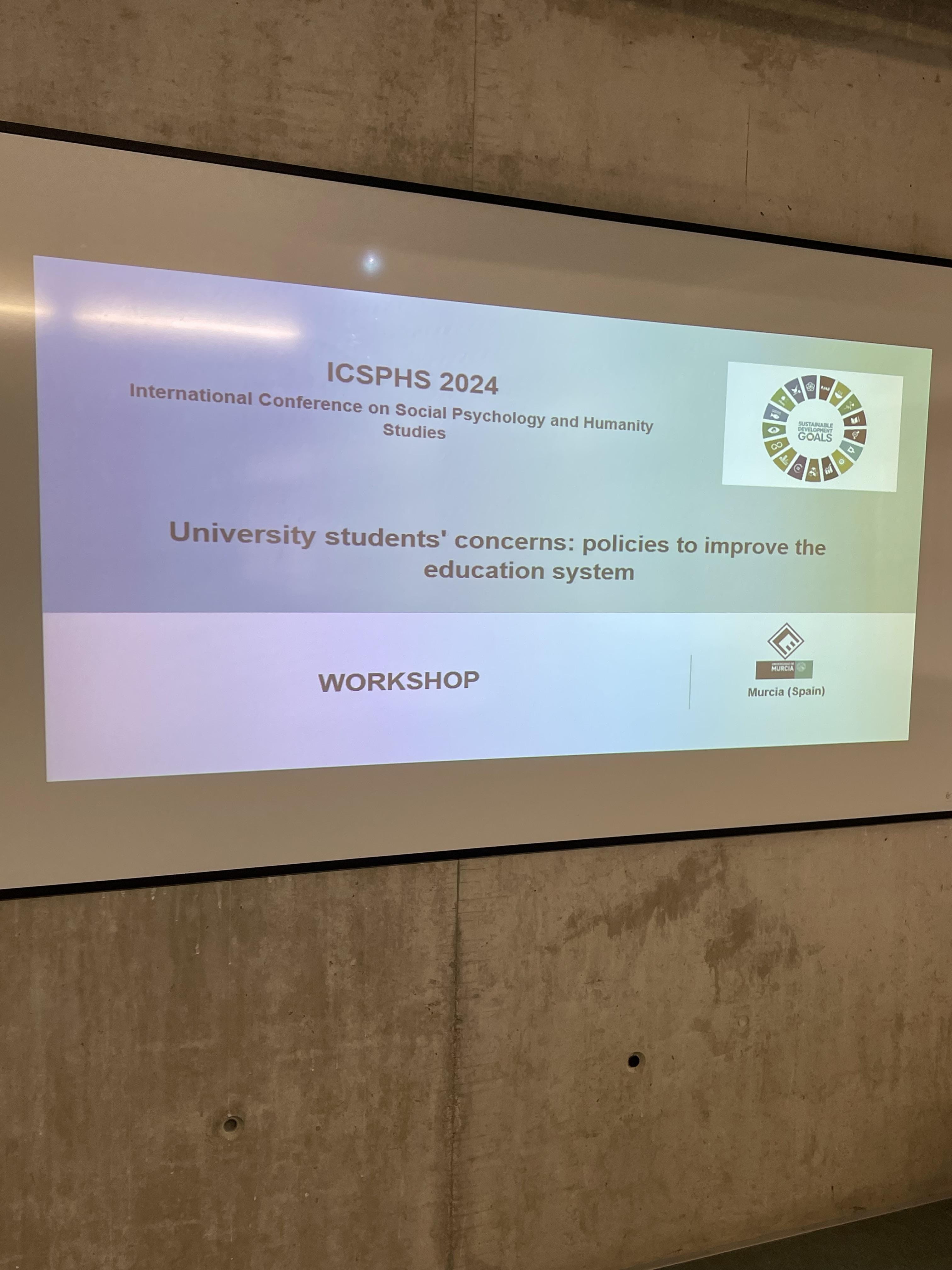
Venue:
C. Campus Universitario, 11, 30100 Murcia, Spain
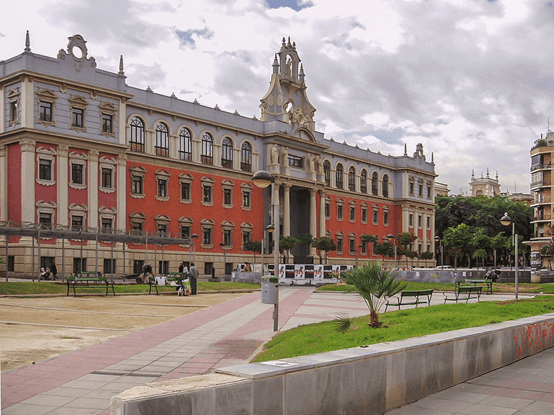
VISA:
https://blsspainvisa.com/
In order to ensure the information is correct and up to date, there may be changes which we are not aware of. And different countries have different rules for the visa application. It is always a good idea to check the latest regulations in your country. This page just gives some general information of the visa application.
Types of Visas for Spain
According to the length of your stay in Spain, there are two main Spanish visa types:
- Spain Schengen visas. The Spain Schengen Visa is a short-term visa for Spain that gives the right to its visa holder to enter Spain, and remain there for a maximum of 90 days within a 180-day period. If you travelling to Spain for purposes foreseen by the Schengen visa and you are a national of the 62 countries under the Schengen visa regime, you do not need to apply for a Spain Schengen visa. Note that if you have previously been rejected from entering the Schengen territory visa-free, despite being a national of one of these countries, you will need to obtain a Schengen visa in order to be eligible to enter to Spain.
- Spain long-stay visas. For staying in Spain for a period of longer than three months.
Depending on the long-stay visa type you apply for, you may also be authorized to work
in
Spain. Only the nationals of the following are exempt from applying for these visas:
- European Union member countries.
- Norway
- Iceland
- Liechtenstein
- Switzerland
How to Apply for a Spain Visa?
To apply for a Spain visa, follow the steps given below:
- Fill in the right visa application form.
- Collect the required documents.
- Make a visa appointment.
- Attend the visa interview and submit your biometrics.
- Pay the visa fee.
After you complete all these steps, you shall wait for the processing of your visa. You will receive an answer to your application, as soon as the processing is completed.
When is the Best Time to Apply for a Spanish Visa?
As Spain is a member country of the Schengen area, it applies the Schengen visa rules to travelers seeking to enter its territory. Thus, when applying for a Spain visa, make sure you submit your application within the given time frame:
- The earliest: Six months before the date of your planned departure to Spain.
- The latest: Two weeks before the intended date of travel to Spain:
- Recommended: at least three weeks prior to your trip, so you can avoid any possible delay by the embassy.
Where Can I Apply for a Spain Visa?
Spain has a very strict system of visa submission and processing. As a result, visa submission is regulated by Spain in every world country. Thus, depending on the country you live in, you may have to submit your visa application at the:
- Spanish consulate.
- A Visa application center like TLS Contact, VFS Global or BLS International, to which Spain has outsourced visa submission in your country of residence.
NOTICE:
Should your application be denied, the organizing committee cannot change the decision of visa officer, nor will ICSPHS engage in discussion or correspondence with the visa application center on behalf of the applicant. The registration fee CANNOT be refunded when the VISA application of individual being denied.
Attend in person:
If you want to attend the workshop on-site, please email the Conference Committee: info@icsphs.org.
